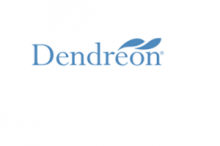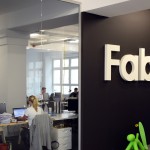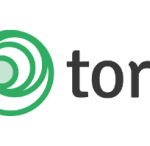Dendreon Gets $296M Bid From Valeant as Bankruptcy Auction Looms

Ben Fidler
It looks like someone is interested in salvaging Provenge after all.
The ever-acquisitive Valeant Pharmaceuticals (NYSE: VRX) made a surprising $ 296 million all-cash offer late Thursday to buy Seattle’s Dendreon (OTC: DNDNQ) out of Chapter 11, meaning that, at minimum, the struggling proprietor of the cellular immunotherapy sipuleucel-T (Provenge) has at least one suitor willing to gamble on the prostate cancer treatment’s prospects.
Valeant made what’s known as a “stalking-horse” bid, meaning it’s got the pole position on an auction that will take place at the New York offices of Dendreon’s lawyers on Feb. 12 should another group steps forward with a competing offer. A stalking-horse bidder also gets certain protections, like a break-up fee and reimbursement for its expenses, if it’s outbid. The bankruptcy court has to approve any offer that’s made.
For Dendreon, Valeant’s bid changes the trajectory of its bankruptcy proceedings. The company pursued a dual-path strategy: test the waters for bids, but reorganize and hand ownership of the company to its debtholders (led by Deerfield Management) if it couldn’t find any offers. Dendreon set the floor for bids at $ 275 million.
For it’s part, Dendreon said in court papers that it’s garnered a lot of interest—meaning, there may be competitive bidding for the company after all that could jack up the price. Documents show that while Valeant has made the highest bid so far, “several bidders” asked for more time to put offers together. That’s why bids are now due by Feb. 10; they were originally supposed to be submitted by earlier this week. Still, any returns for shareholders are a long-shot, unless a big bidding war erupts. Stockholders are on the bottom of the totem pole in a bankruptcy; they often get wiped out.
Assuming Valeant wins the rights to the company, whether it can actually get any value out of Dendreon is an open question. Even though bankruptcy is used to clean up balance sheets and shed costs (the bid would be used to pay off at least a portion of Dendreon’s note debt), the big problem for Dendreon aside from its massive debt load has been disappointing revenue numbers for sipuleucel-T.
Despite being a cellular immunotherapy pioneer, Denderon never lived up to the hype. Marketing struggles, reimbursement questions, a high $ 93,000 price tag, and other issues doomed sipuleucel-T’s launch, and new, effective prostate cancer drugs like abiraterone (Zytiga) and enzalutamide (Xtandi) have since grabbed market share. The drug also uses an extremely complicated, and costly technological system that, in part, extracted and fused a patient’s own immune cells to an engineered antigen—a protein from a tumor cell that is key in triggering disease—outside the patient’s body. It generated $ 300 million in sales last year. Abiraterone, by comparison, generated $ 1.07 billion in sales in the first half of 2014 alone.
Still, Valeant chairman and CEO J. Michael Pearson called a potential Dendreon acquisition an “economic way” for his company to enter the oncology space.
“We believe that oncology has similar characteristics to our current therapeutic portfolios, such as strong growth, high durability, strong patient and physician loyalty, and a terrific reimbursement regime,” Pearson said in a statement. “We have not previously found an economic way to enter this market, but with the unique dynamics of this situation, we believe that this transaction will create significant shareholder value.”
(155)













